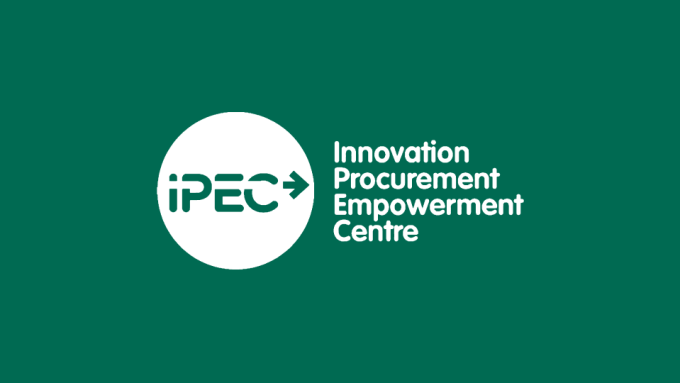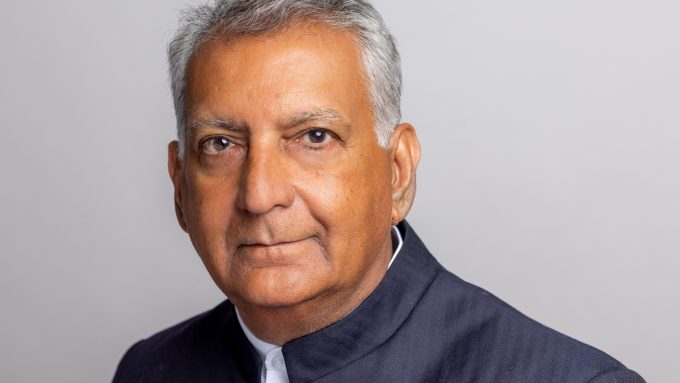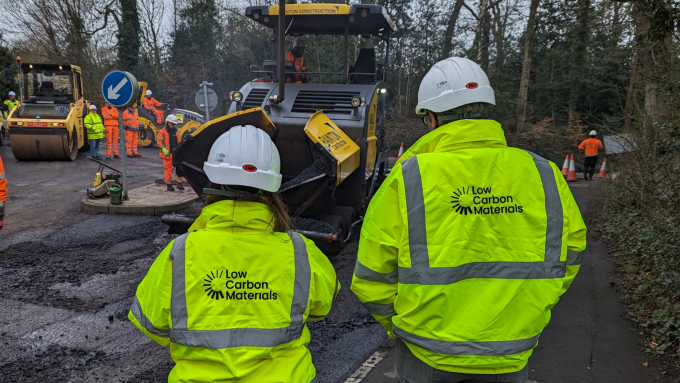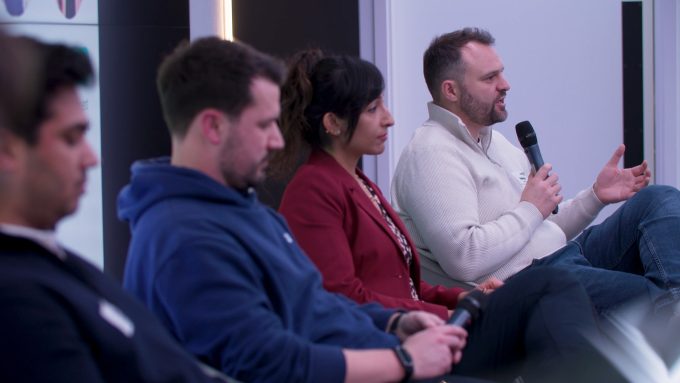
Connected Places Catapult chair tells BBC about the future of cities

“There’s a magic to cities,” explained Connected Places Catapult’s Chair Professor Greg Clark, to BBC presenter Aaron Heslehurst. “By concentrating people and jobs, and infrastructure and buildings and amenities together they start to magnify and multiply each other; creating more jobs, more opportunities, more interactions, more relationships – and connectivity underpins all of that.
“Because of that magic, we are now living in a kind of century of cities,” Greg continued.
“This is our biggest industry in the world for the next 50 years: building, making, operating and running cities is the thing that is going to attract the most capital, attract the most attention and is where the big opportunities are.”Connected Places Catapult’s Chair Professor Greg Clark
Greg outlined how cities should “plan well” to cope with growing populations in order to achieve “good urbanisation”. He explained four ways in which cities can house larger numbers of people: through urban sprawl, building new cities, increasing their density, and also “by connecting an existing city with neighbouring suburbs, cities and towns in a network approach which allows them to benefit from having good transport systems that link things together”.

Greg was asked for his thoughts on ‘15-minute cities’ and efforts in some urban areas to restrict private car use; and spoke of how cities can best drive investment to tackle decline.
Finally, he listed four global cities that are consistently voted as the best places to live: Singapore, Vienna, Vancouver and Melbourne.
Greg was followed on the programme by the Lord Mayor of Melbourne, Sally Capp and software designer Autodesk Chief Executive, Andrew Anagnost.





